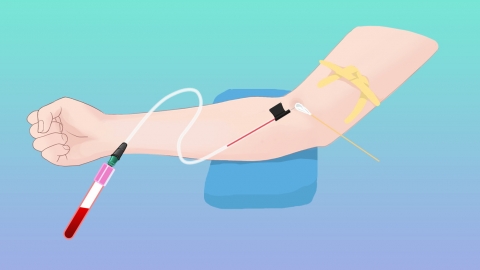Is a negative hepatitis B surface antigen test result good?
Generally speaking, a negative hepatitis B surface antigen (HBsAg) result is a favorable outcome, typically indicating no infection with the hepatitis B virus (HBV) or successful clearance of the virus after a previous infection. However, to comprehensively assess the body's immune status against HBV, this result should be interpreted in conjunction with the other four markers in the hepatitis B panel. Detailed analysis is as follows:

From the perspective of infection status, a negative HBsAg result is one of the key indicators for determining the absence of HBV infection. If only this marker is negative, further evaluation of the hepatitis B surface antibody (HBsAb) status is needed. A positive HBsAb indicates that the body has developed immunity against HBV, which may result from prior hepatitis B vaccination or spontaneous recovery after a previous infection. If the HBsAb is also negative, it suggests that the individual currently lacks immunity and remains susceptible to HBV infection. For most healthy individuals, a negative HBsAg result without other abnormalities generally does not indicate a significant risk of infection and should not cause excessive concern.
In daily life, individuals who are negative for HBsAb can acquire immunity by receiving the hepatitis B vaccine. For those who already have detectable antibodies, it is recommended to periodically check antibody titers and receive a booster vaccination if the titer becomes too low, effectively reducing the risk of HBV infection and better protecting liver health.




